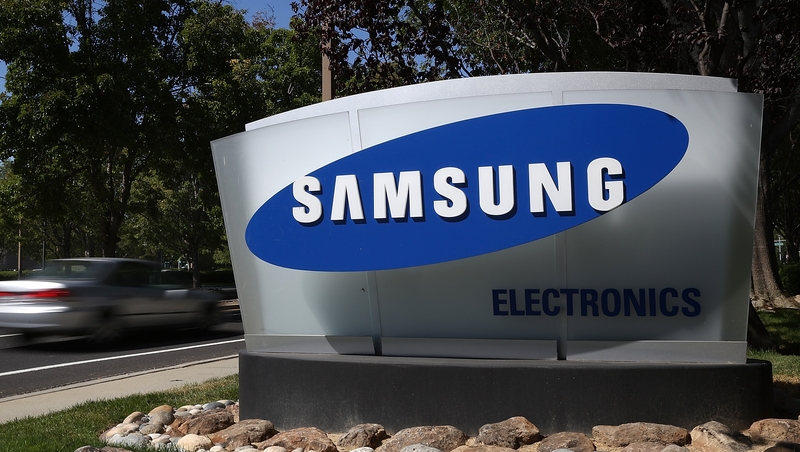Samsung Electronics has today estimated a more than 15-fold rise in its second-quarter operating profit, as rebounding semiconductor prices driven by the artificial intelligence boom lifted earnings from a low base a year ago.
The world's largest memory chip, smartphone and TV maker estimated its operating profit rose to 10.4 trillion won ($7.54 billion) in the quarter ended June 30, from 670 billion won a year earlier.
The profit beat a 8.8 trillion won LSEG SmartEstimate, which is weighted toward forecasts from analysts who are more consistently accurate, and the quarter was its most profitable since the third quarter of 2022.
In addition to higher chip prices, the better-than-expected profit likely reflected Samsung reversing its previous inventory writedowns on its books, as the value of its chip inventory has rebounded in accounting terms, analysts said.
Revenue likely rose 23% in the second quarter from the same period a year earlier to 74 trillion won, Samsung said
The company is due to release detailed second-quarter earnings on July 31.
Samsung's key semiconductor division likely posted its second consecutive quarterly profit, improving on the first quarter, as memory chip prices keep rising from a mid-2022 to end-2023 trough that was caused by weak post-pandemic demand for gadgets that use the chips.
Explosive demand for high-end DRAM chips such as high bandwidth memory (HBM) chips used in AI chipsets, as well as chips used in data centre servers and gadgets that run AI services have helped buoy chip prices, analysts said.
During the second quarter, memory chip prices jumped by about 13% to 18% versus the previous quarter for DRAM chips used in tech devices and 15% to 20% for NAND Flash chips used for data storage, according to data provider TrendForce.
But the climb in memory chip prices may slow in third quarter, with TrendForce forecasting a 5% to 10% price hike for both conventional DRAM and NAND Flash chips, as demand for older, legacy chips from the consumer electronics market remains lacklustre.
AI-driven demand for high-end chips such as HBM and solid-state drives (SSDs) will outperform the rest of the market, analysts said, though Samsung has been lagging behind South Korean rival SK Hynix in the supply of high-end HBM chips to customers like Nvidia.
US memory chip rival Micron Technology beat estimates for its latest quarterly revenue last week driven by a demand surge from the AI industry, although its current-quarter forecast disappointed investors who had been even more upbeat.
Investors are awaiting news of whether Samsung's latest fourth-generation HBM chips will receive approval to supply Nvidia after they failed earlier tests due heat and power consumption problems, according to sources.
Samsung in May replaced the chief of its semiconductor division in a bid to overcome what it called a "chip crisis".
Shares in Samsung were up 8% year-to-date as of yesterday, compared to SK Hynix shares' 63% rise.
